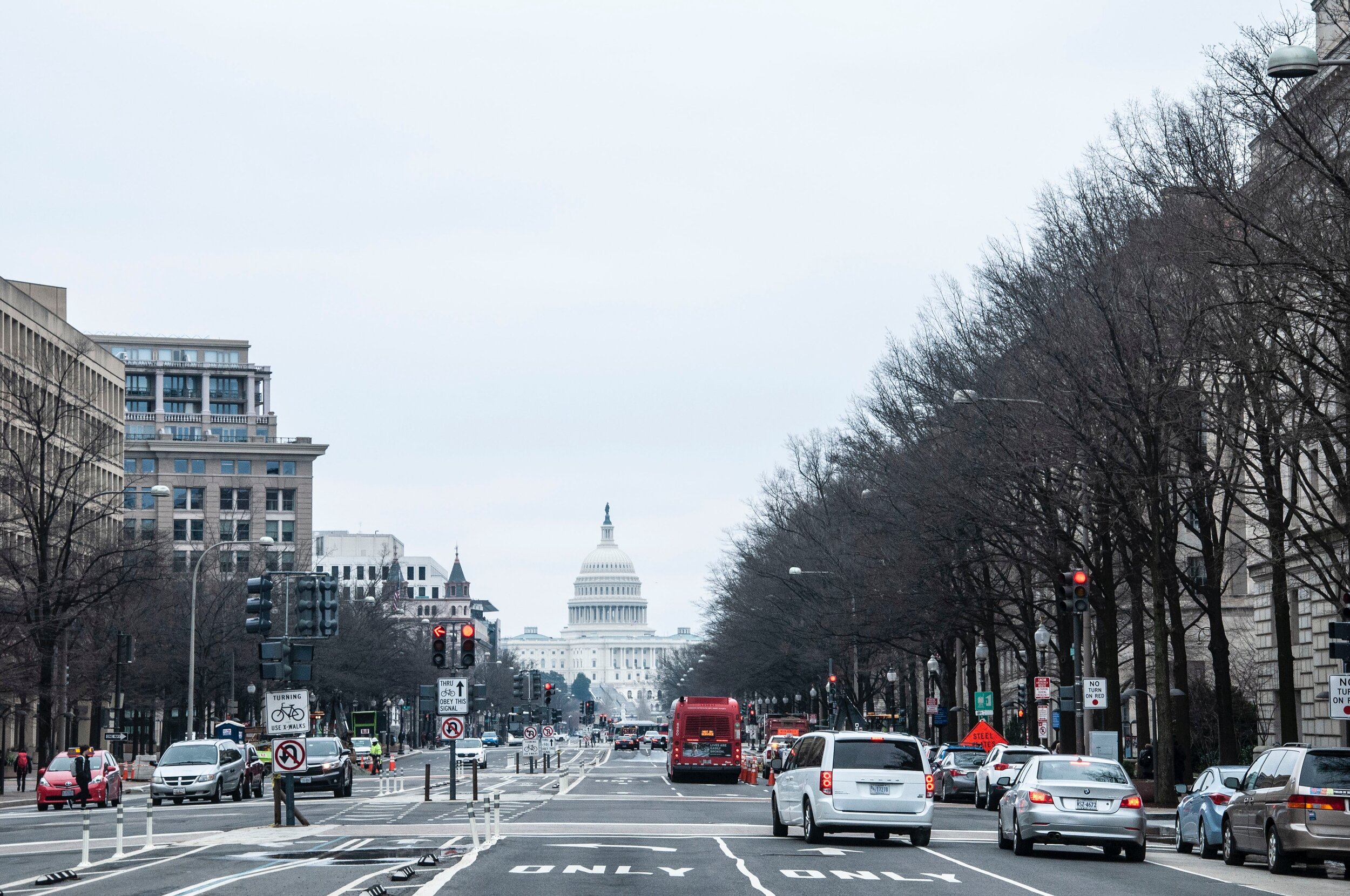Forbes: Rand Paul's Bold Stand For Civil Liberties
Twelve hours and fifty two minutes - that’s how long Kentucky Senator Rand Paul occupied the floor of the Senate to “raise the alarm” about an issue unfamiliar to most Americans: in a letter days earlier, the Obama Administration had claimed that in certain circumstances, they might have the authority to use a drone to assassinate an American citizen on US soil.
Paul came with a simple question and a simple demand - he wanted to know whether the government has actually given themselves this authority, and he wouldn’t take anything less than “no” for an answer. After silence from the Administration on this most basic question, Attorney General Holder finally gave in the next day and admitted they do not have this power. Paul staged a classic filibuster, harkening back to the days when it was used as a show of conviction rather than a cheap procedural tool to undermine the very function of democracy. At a time when Americans are even more disgusted than usual with Washington’s inability to handle their own manufactured crises, Paul has demonstrated the positive power that one legislator can have on a specific issue.
When the dust has settled, it’s important to understand how little has actually been achieved - and why it matters so much.
The prospect of the government drone-striking their own citizens was never the primary concern. Instead, it was the arrogance and secrecy which this Administration, and the one before it, have employed in unilaterally deciding when it is okay to undermine the rights of American citizens. What many hope is that Paul was able to do what countless blog posts, protests, and arrests have been unable to so far- begin to roll back the security theatre of the post-9/11 world.
We desperately need more “Rand Paul moments” to protect our civil liberties.
Bubbling underneath the surface of our political debates the last decade have been serious questions about the balance of security and freedom that have been brushed aside. There is little recourse for Americans who care about these issues - legislators don’t want to appear weak, courts have been generally sympathetic to government positions, and the Obama Administration can’t have an open discussion about a drone program that they won’t even officially acknowledge exists. The things we once considered an outrage are now the norm - our electronics can be searched and seized in many parts of the country, warrantless wiretapping is now legal, and the types of data analytics that we used to associate with counter-terrorism are now used to gain our vote. Many people would be surprised to learn that in the United States, a drone has already been used to assist in making an arrest.
With his Tea Party backing and libertarian bend, it would be hard to categorized Paul as a mainstream politician. His views on abortion, immigration, and education - to name a few - would not sit well with the majority of Americans. But despite this, Paul managed to bring about a rare moment of bipartisanship from the activists and thinkers at the grassroots, if not with politicians themselves. Twitter exploded with shows of support tagged #standwithrand, while he was cheered by groups ranging in ideology from the CATO Institute to Code Pink.
It is telling that Paul was assailed by conservative institutions across the country, even the Wall Street Journal editorial board dismissed his concerns, saying that his “rant” was more theatrics than substance. But that is how politics work - by putting on a show, Paul has vaulted this issue “from the fringes to the forefront of Washington conversation.” And by doing that, he may have provided us our best hope in years of having an honest, open discussion about the future of our rights.
